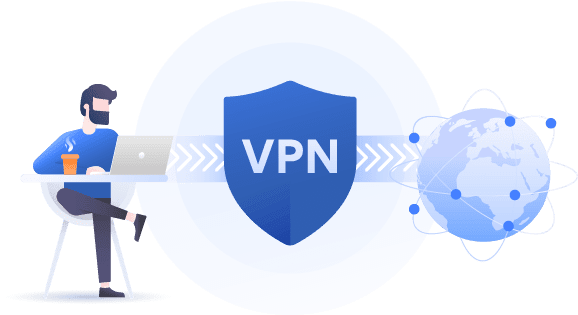VPNs allow businesses and individuals to communicate and transfer data over a wide area network. The cool thing about a VPN is that you can send private information through public channels. Since a VPN relies on a WAN connection, the computers connected to the network don’t have to be physically close – they can be separated from countries or even continents and communicate flawlessly with the best connection stability (pronounced as 연결 안정성 in the Korean language).

Image Source: Google
VPN Types:
There are many types of VPN, the main ones are:
Virtual Private Switched Network (VPDN).
It is a user-to-LAN connection that requires the user to connect to the corporate LAN. As a business owner, you need to set up a NAS (Network Access Server) and then provide your users with the software they can use to access the NAS from their computers. You should keep in mind that this type of VPN needs a third party to provide encryption services.
Site-by-Site VPN:
As the owner of a business, you should invest in specialized hardware that allows many of your sites to connect to your LAN over a public network. It should be noted that most sites are based on extranets or intranets.
VPN Benefits:
There are many advantages to using a VPN. These benefits include:
Business Apps:
In addition to allowing employees to access information from home, various branches can connect to the VPN and exchange confidential information securely.
Security:
As a regular user, you can use a VPN to access WiFi or other vulnerable networks. The cool thing about WiFi access via VPN is that you add another layer of protection against information theft.